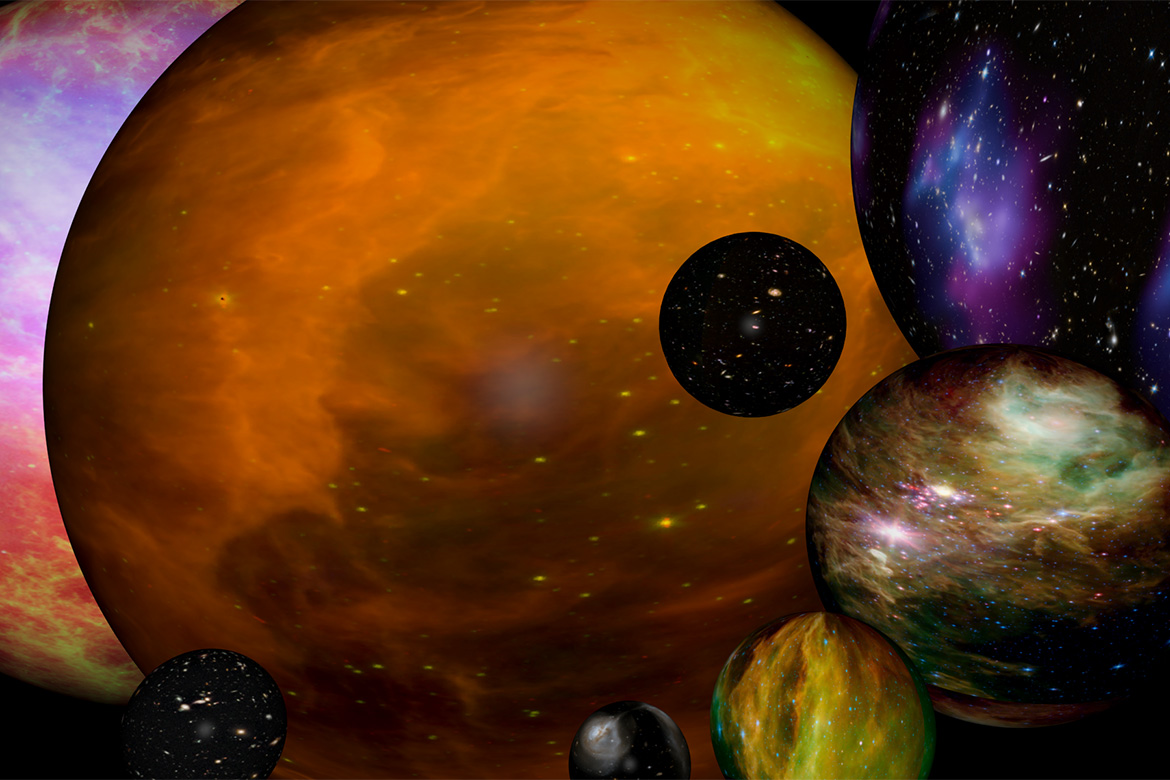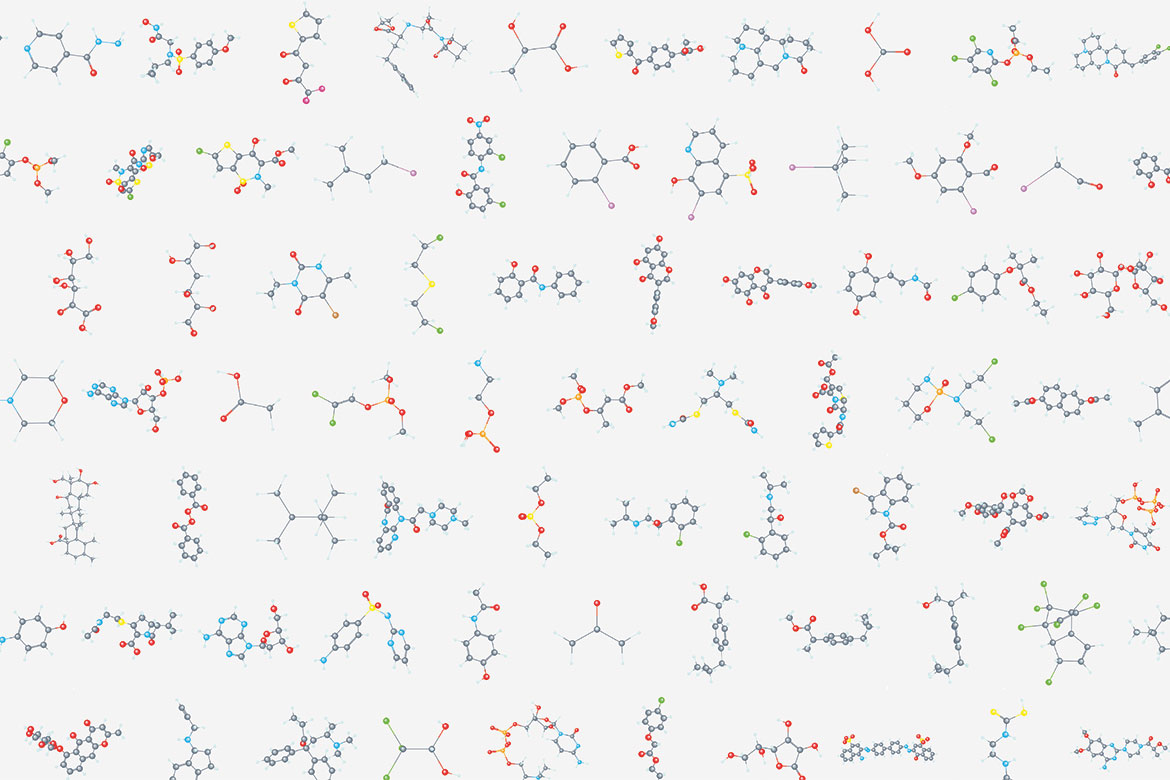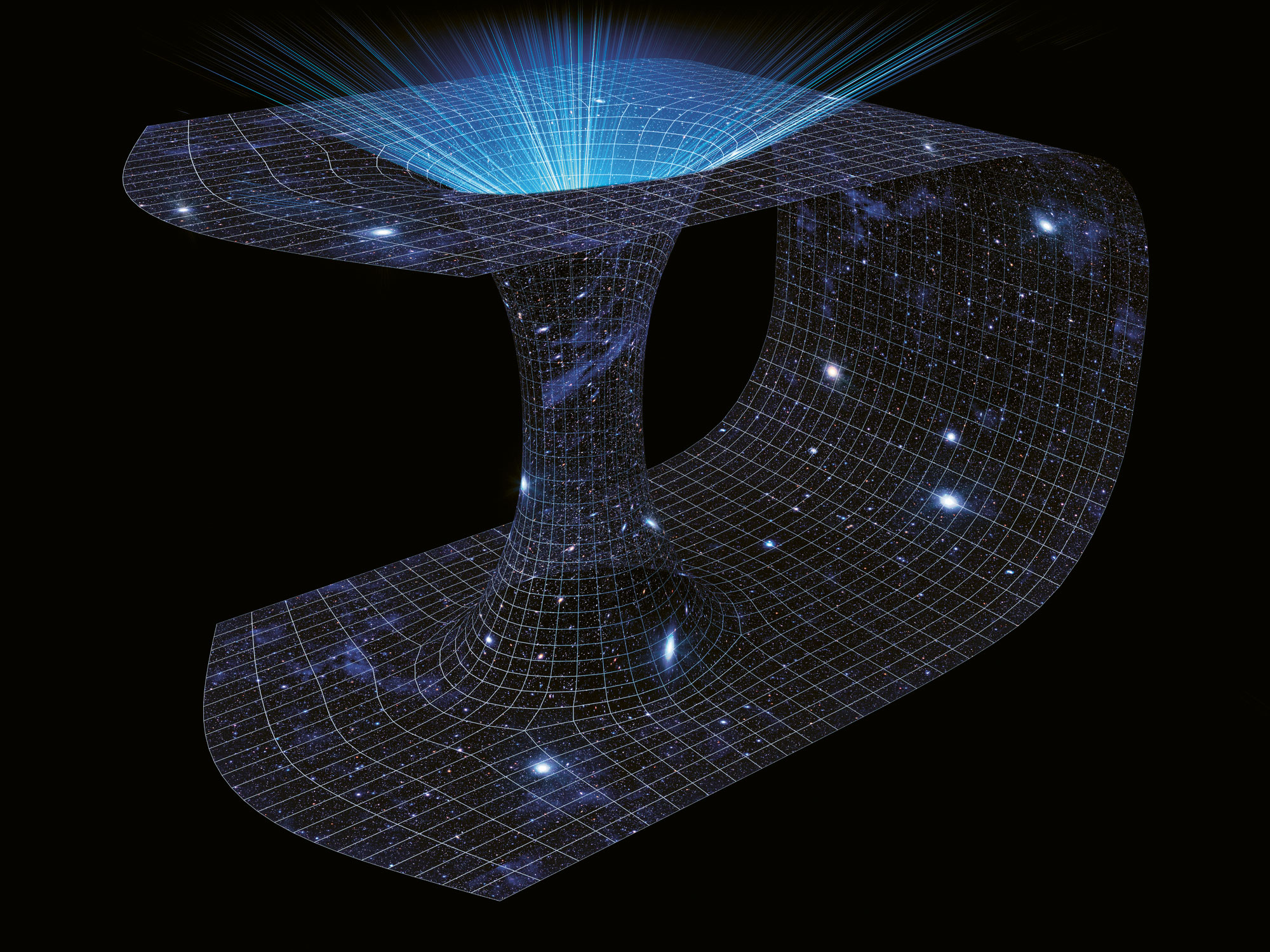Theoretical physicists should be honest
Far too few women, dangerous scientism, and increasing numbers of predatory journals: topical news from the world of science policy.

The multiverse: an appealing philosophical idea | Image: Wikimedia/Silver Spoon
“Instead of saying: the multiverse exists, is it really so difficult to say something like: the multiverse has some philosophical attractions, but it is highly speculative and controversial, and there is no evidence for it”?
In the magazine Aeon, the British author Jim Baggott writes about his fear that theoretical physicists are creating a dangerous precedent: scientific claims based on zero empirical truths.
“Since the Enlightenment, we have tended to define human identity and worth in terms of the values of science itself, as if it alone could tell us who we are. That is an odd and blinkered notion”.
In an essay published in the journal Nature, the American medical historian Nathaniel Comfort warns about scientism – an ideology according to which the natural sciences offer the only true way of seeing the world.
Preprints to be peer-reviewed
BioRxiv, the platform for preprints in the life sciences, started an experiment in October 2019. Selected journals and independent peer-review series can now upload public reviews of published articles if the researchers are in agreement. The goal of ‘Transparent Review in Preprints’, as the name suggests, is to make the peer-review process more transparent and to help authors to improve their manuscripts before submitting them to scientific journals.
Ten statistical pitfalls
Whoever writes a scientific article with statistical data – or has to review one – typically makes ten mistakes. Two researchers from the neurosciences have collated these in the open-access journal Elive. They include the absence of an adequate control group, the use of small samples and flexibility of analysis (p-hacking).
0
In 2019 one of the Nobel Prizes for the natural sciences was awarded to a woman. Of more than 600 Nobel Prizes that have been given for the sciences up to now, only 20 have gone to women. The reason for this is not just that the number of female researchers used to be much lower than it is today. Indeed, in 2018 Liselotte Jauffred of the Niels Bohr Institute created a model based on historical data about Nobel Laureates, and came to the following conclusion: “With 95 percent probability, there is a bias against women”.
12,000
The number of predatory science journals on the Cabells Blacklist has now passed the 12,000 mark. Less than a year ago it was still at 10,000. The number of predatory journals is now three times what it was when the Blacklist was launched in 2017.




